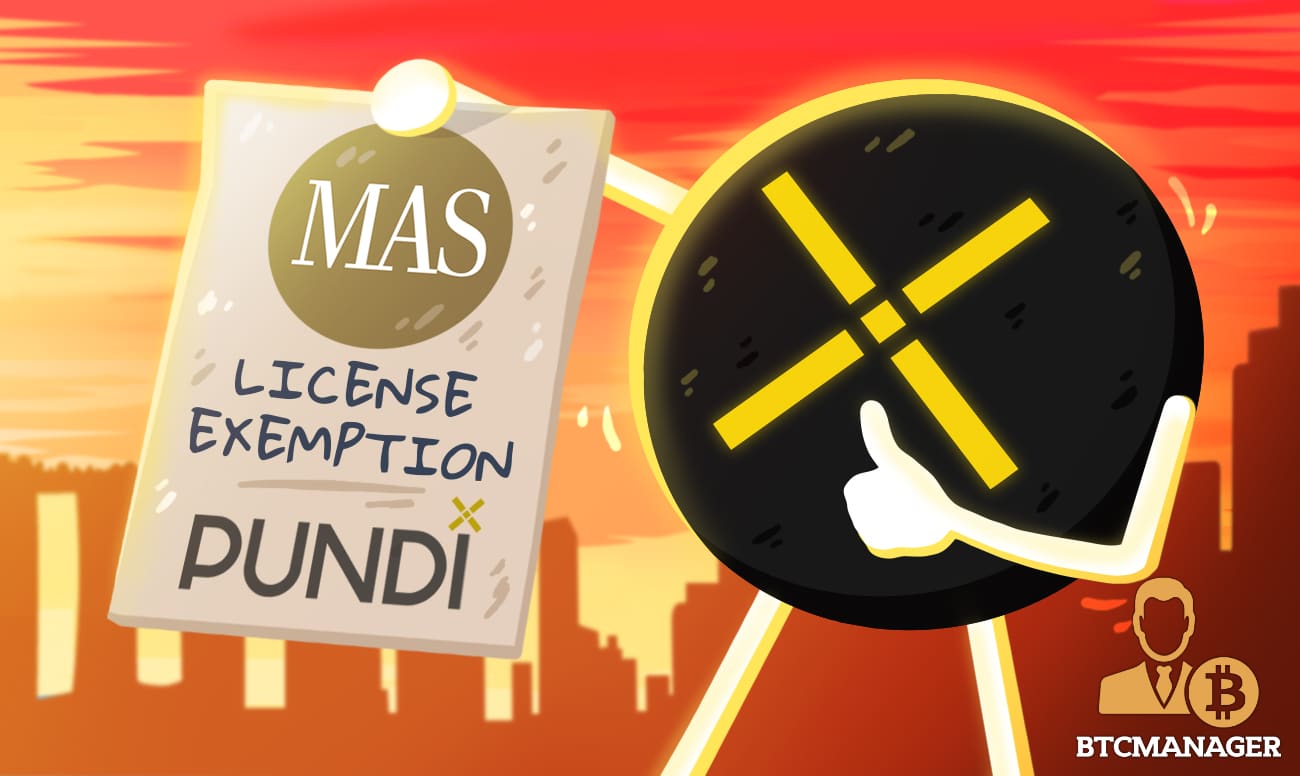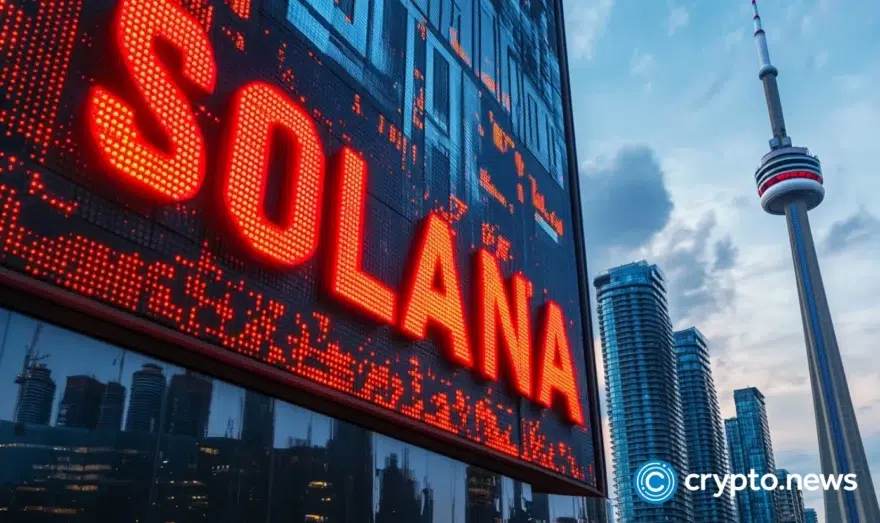Blockchain Startup Pundi X Gets Limited License Exemption From Singapore Regulatory Body

Blockchain platform Pundi X Labs received an exemption from Singapore’s financial regulatory agency, the Monetary Authority of Singapore (MAS) which will enable Pundi X to operate without a license in the region for six months.
Pundi X to Operate Without License for Six Months
Pundi X announced the news of the exemption via a blog post on Medium on Wednesday (March 25, 2020). According to the announcement, the blockchain startup will be to provide services such as digital payment token and account issuance in the country without a license.
However, the license exemption is for a limited period of time as the MAS allowed the company to carry out services without a license from January 28, 2020, to July 28, 2020.
While Pundi X is currently operating “freely” in the country, the blockchain startup has said that it would still file an application for a license to offer its services in Singapore.
As reported by BTCManager in January 2020, the Singapore financial watchdog officially launched the Payment Services Act (PSA). The updated PSA is a broader version, as it makes room for digital currency exchanges, token issuers, and money services platforms.
While the new PS Act seeks to make it easier for virtual currency platforms and other payment services firms to thrive in the region, it would combat illicit activities like money laundering, by mandating bitcoin-related businesses to adopt a strict know-your-customer (KYC) and anti-money laundering (AML) policy.
Apart from Pundi X, the MAS granted license exemption to several other crypto-related firms and fintech businesses. Some of the virtual currency platforms include Binance Asia, Liquid Group, Luno, OKCoin, Paxos Global, Upbit Singapore, Coinbase Singapore, and Bitcoin Exchange.
Singapore: A Growing Hub for Crypto and Blockchain Technology
Singapore’s positive attitude towards the cryptocurrency and blockchain technology has drawn lots of businesses to the country. Unlike many governments who view the nascent industry as a threat, prone to risks and used primarily for illicit activities, Singapore sees the potentials the sector has to offer.
Binance, one of the world’s largest crypto exchanges, in February 2020 announced that it has applied for a license to operate as a bitcoin trading service in Singapore, in line with the MSA’s new PS Act. Another digital currency platform Sygnum, considered applying for a banking license with the MAS.
Back in July 2019, the country’s tax agency, the Inland Revenue Agency of Singapore (IRAS) in a draft document proposed the exemption of goods and services tax (GST) for bitcoin and other digital tokens.














